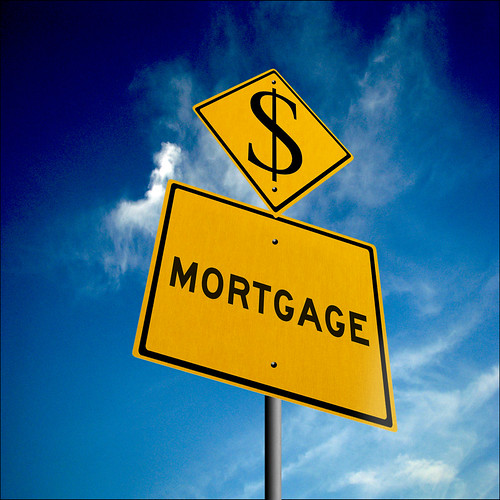
When does filing a Chapter 7 bankruptcy case help enough so that you don’t need a 3-to-5-year Chapter 13 case?
If you are behind on your mortgage payments but want to keep your home, you have likely heard that a Chapter 13 “payment plan” is what you need. And that IS a powerful package, with an impressive set of tools to deal with a wide variety of home-related problems—everything from the mortgages themselves to property taxes, income tax liens, and judgment liens.
But what if you need to discharge other debts to get a fresh start and you have managed to fall only a couple of months behind on your mortgage? Or what if you are not keeping the house, but just need a little more time to find another place to live?
Then you might not need a Chapter 13 case – you may be able to avoid the disadvantages it comes with. Some of these disadvantages are that it takes so much longer and generally costs more than Chapter 7. The extra time and cost can be well worthwhile when you need the great advantages of Chapter 13, but let’s look at ways that Chapter 7 can do enough for your home:
In a Chapter 7 case:
1. The “automatic stay”—the bankruptcy provision that stops virtually all actions by creditors against you or your property—applies to Chapter 7 just as it does to Chapter 13. So the filing of a Chapter 7 case STOPS a foreclosure in its tracks, just as quickly as a Chapter 13 filing. But if you are just trying to buy time to save money to rent an apartment, the tough question is HOW LONG that break in the mortgage company’s foreclosure efforts will last, and how much extra time it’ll buy you. An aggressive creditor could quickly ask the court for “relief from the stay”—permission to resume the foreclosure process—thus potentially getting you only a few extra weeks. Or in the other extreme, a mortgage creditor could just do nothing for the 3 months or so until your Chapter 7 case runs its course and the “automatic stay” expires with the completion of your case. So, Chapter 7 often does not come with much predictability about how much time you’d gain. On the other hand, your bankruptcy attorney may have experience in how fast certain mortgage lenders tend to ask for “relief from stay” under facts similar to yours.
2. Chapter 7 stops—at least briefly—not only mortgage foreclosures, but also prevents other potential liens from being placed against your house, including the IRS’s tax liens and judgment liens. But why would the few weeks or months that Chapter 7 gains make any difference with these kinds of creditors? In the right set of facts, it can make many thousands of dollars of difference.
• A timely filing of a Chapter 7 case can prevent you from having to pay a debt that would otherwise have become a lien against your house. For example, let’s say you have an older IRS debt that meets the necessary conditions for discharge, and you also have a little equity in your home but not more than your homestead exemption allows. If you waited until after the IRS recorded a tax lien for that debt against your house, that lien would continue being attached to your house even if you filed a bankruptcy and would eventually have to be paid. However, if your Chapter 7 filing happened before the IRS recorded a tax lien, the “automatic stay” would prevent that tax lien from being filed and the debt would be discharged.
• Or if instead let’s say you have a debt that is NOT going to be discharged in bankruptcy—say a more recent tax debt—but you also had some assets that you were going to have to surrender to the Chapter 7 trustee, what we call an “asset case.” If again you filed the bankruptcy case before the recording of the tax lien, your Chapter 7 trustee could well pay those taxes as a “priority” debt in front of any of your other debts, potentially leaving you with no tax debt at the completion of your case.
3. Chapter 7 allows you to concentrate on your house payments by getting rid of your other debts. If you’ve managed to keep current on those mortgage payments, but don’t know how long you will be able to do so, the relief you get from discharging your other debts improves your odds of staying current on your home long term. Or if you have missed only a few mortgage payments, AND can reliably make future ones, PLUS enough to catch up on your arrearage within year or less, then Chapter 7 would likely do enough for you. Most mortgage creditors will let you enter into an agreement –often called a “forbearance agreement”—to catch up the missed payments by paying a sufficient specific amount extra each month until you’re caught up, again, as long as that period of catch-up time is relatively short. Otherwise, you may well need a Chapter 13.
Photo by 401(k) 2013.

